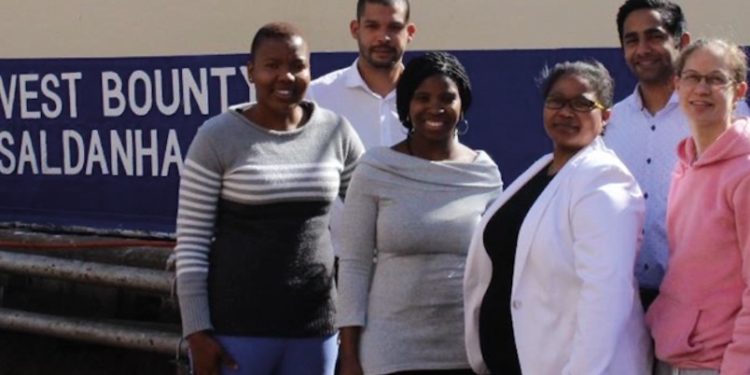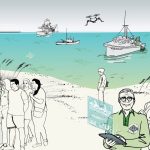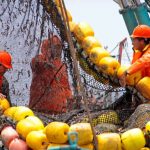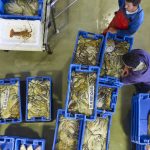‘It’s not enough to talk about transformation, businesses need to show shareholders, customers and especially government stakeholders that they are transformed,’ said Mary-Lou Harry, human resources director at South African fishing company Sea Harvest.
With 50% of Sea Harvest’s top management and 70% of its senior management being black, this vertically integrated company is serious about transformation.
Sea Harvest, which has a level 2 BBBEE score of 97.8 points, listed on the Johannesburg Stock Exchange in March this year. Currently 79.13% of their shares are black owned.
‘If you compare our score to the industry average, which is a Level 3, we are way above that,’ she said.
‘However, we are not resting on our laurels when it comes to transformation. We are constantly striving to create an even more transformed business for the future, which is why eight years ago we implemented the Transformation Fast Track Plan and the Graduate Development Programme.’
The Fast Track Plan involves mentoring and preparing young black talent for key positions within the business. Career training provided through the Graduate Development Programme helps equip staff for these new responsibilities. She admitted that these plans are undertaken with a long-term view, but is already proud of the quick progress employees have made.
Among Sea Harvest’s graduates who have risen within the business through the Fast Track Plan are Jared Patel, now head of department for Cape Harvest Foods and is responsible for all the fish shop outlets, Madoda Khumalo who graduated from the University of Cape Town with a Master of Science in Physical and Biological Oceanography degree and joined Sea Harvest in 2013 and Palesa Mollele who started as a quality control manager in the cold storage and distribution factory, and now heads the new product development unit.
‘I am driven to be the best at what I do. Sea Harvest provides me with the growth and development opportunities to achieve this goal,’ Palesa Mollele said.
Sea Harvest is also pushing back barriers in gender equality and according to Mary-Lou Harry, more than half of all employees are women.
‘We have a coloured woman heading up the learning and development division within trawling which is historically a male domain. Lucinda Krige started out as a cadet with just a matric,’ she explained.
After completing an engineering degree funded by Sea Harvest and working her way up the ranks, Lucinda Krige is now qualified to sail as a chief engineer at sea and is being mentored as part of the succession programme.
‘On land, our wet fish factory in Saldanha Bay is managed by two coloured women, Idolene Moses and Gillian Felaar. They have been promoted from Quality Control positions to each managing a shift of 400 staff, which is a huge responsibility that they excel at,’ she added.
‘We follow a specific talent management programme where we identify young talent for future positions, they are mentored by Senior Management members and encouraged to pursue stretch targets. This means high-quality replacements for positions that are key to continuous stability, growth and success of the business.’









